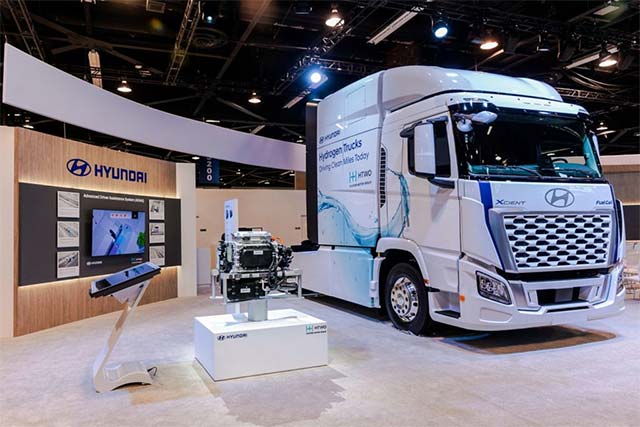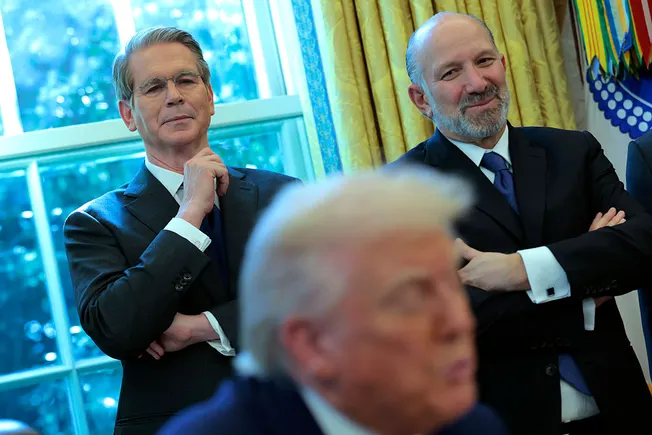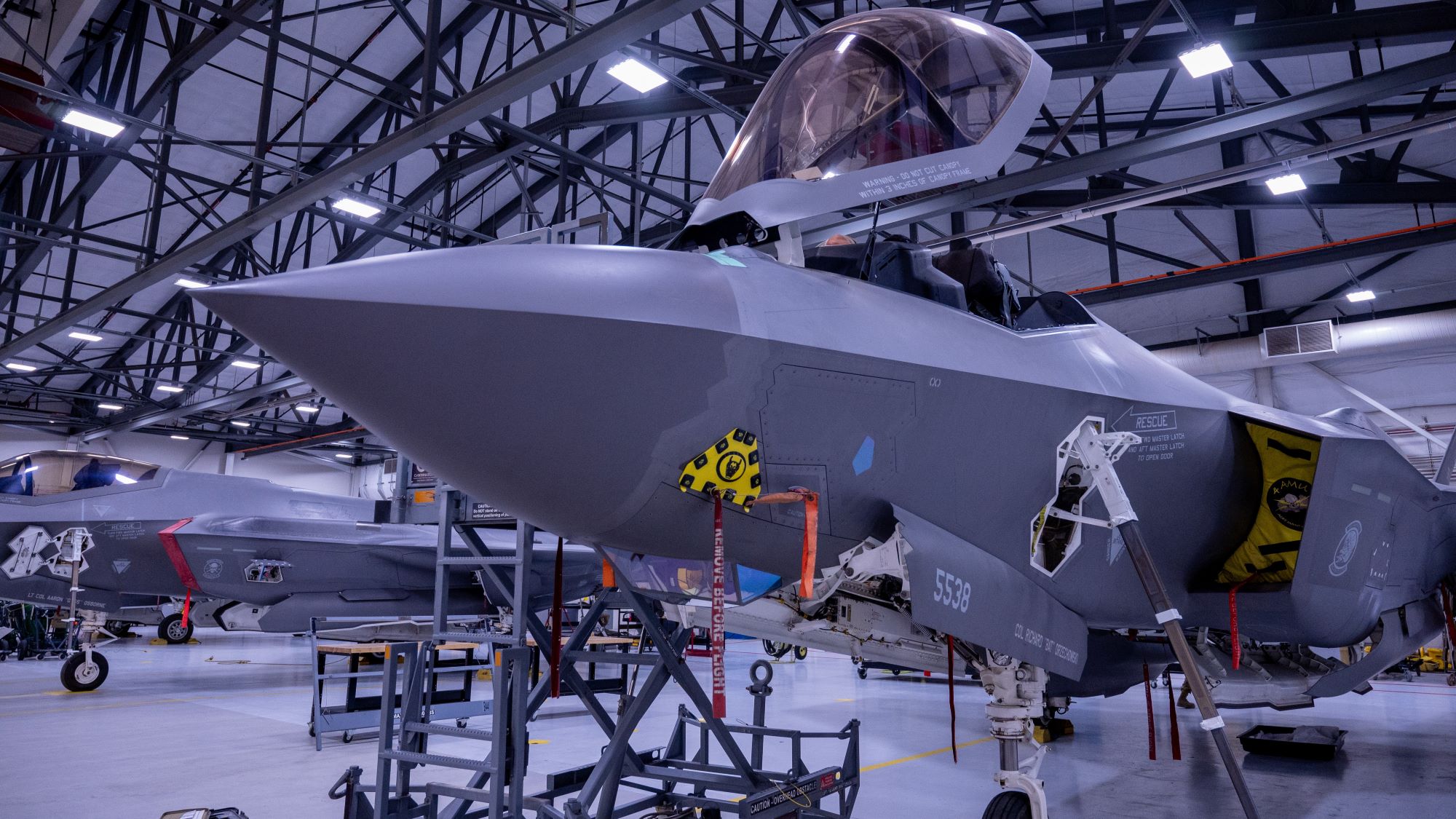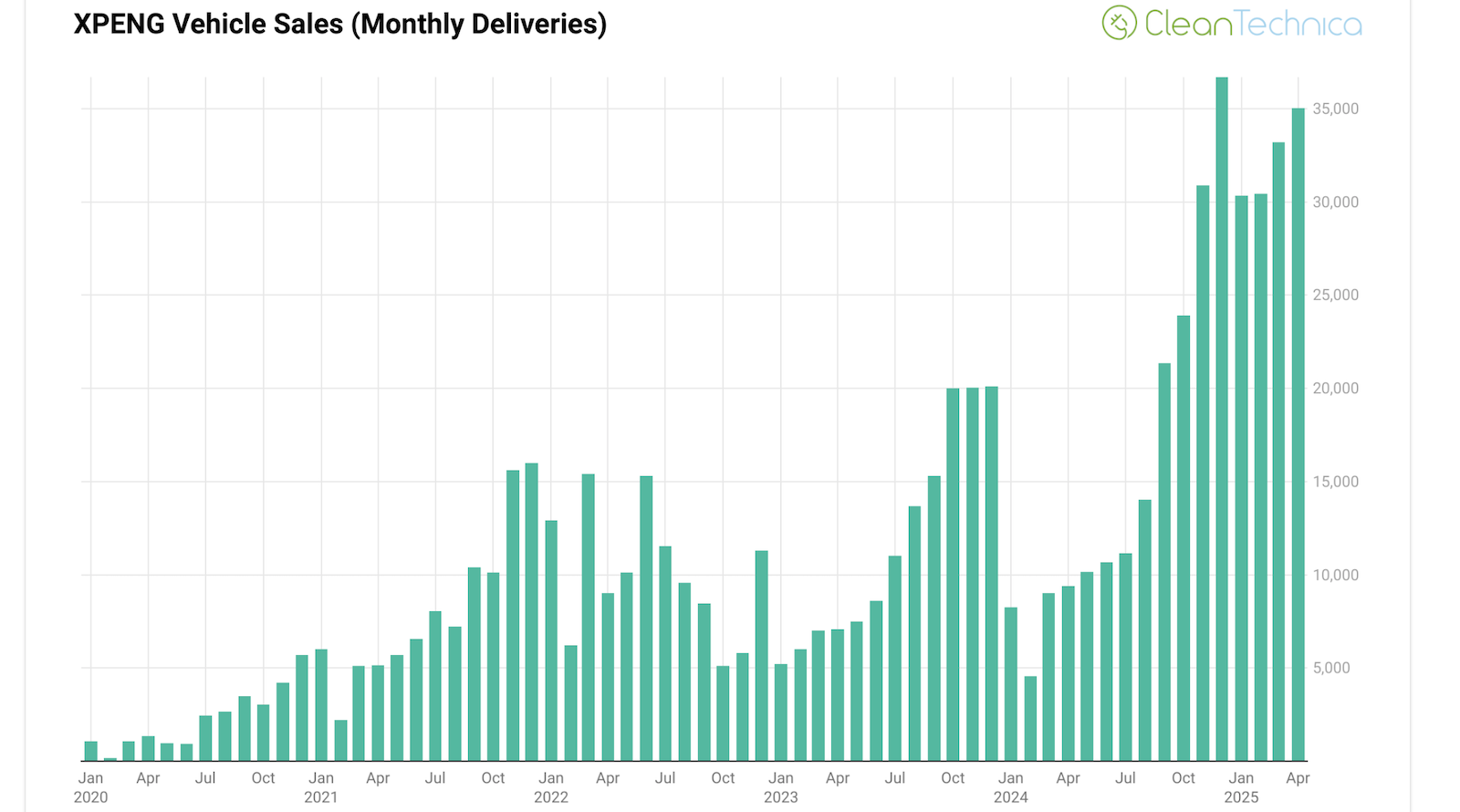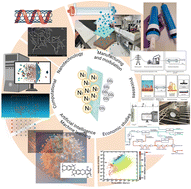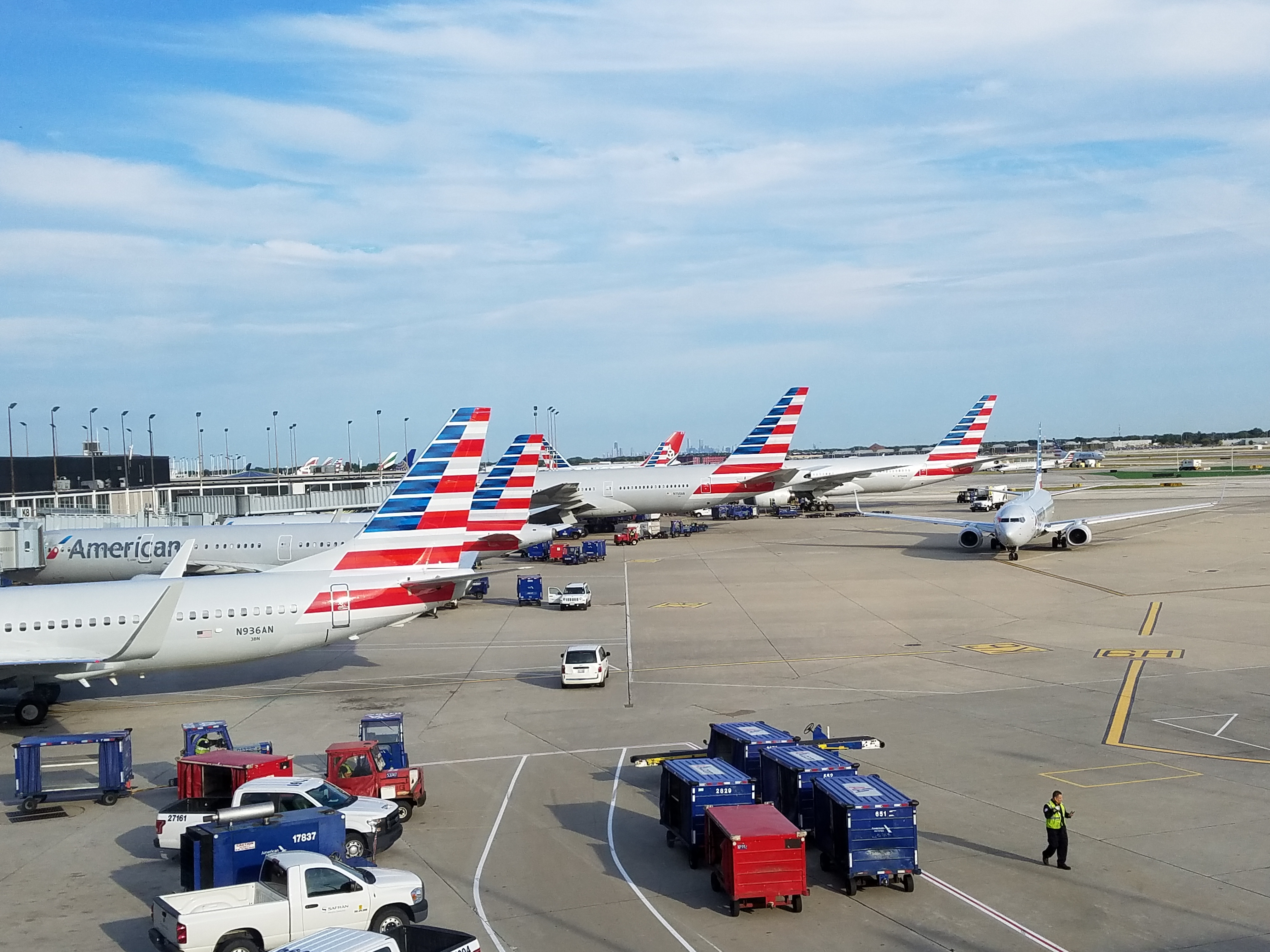Borderlands Mexico: Reshoring dipped across North America in 2024, report says
This week in Borderlands Mexico: Reshoring dipped across North America in 2024, report says; Unilever to invest $1.5B to expand in Mexico; Supply chain software provider opens office in Houston; and Border agents seize $1M in cocaine from truck at Texas bridge. The post Borderlands Mexico: Reshoring dipped across North America in 2024, report says appeared first on FreightWaves.

Borderlands Mexico is a weekly rundown of developments in the world of United States-Mexico cross-border trucking and trade. This week: Reshoring dipped across North America in 2024, report says; Unilever to invest $1.5B to expand in Mexico; Supply chain software provider opens office in Houston; and Border agents seize $1M in cocaine from truck at Texas bridge.
Reshoring dipped across North America in 2024, report says
Imports to the U.S. from China and 13 other low-cost countries and regions (LCCRs) in Asia, as well as from Mexico, grew faster than U.S. domestic manufacturing gross output in 2024.
The situation could have a big impact on U.S. retailers and online sellers seeking to keep their inventories stocked going forward, according to management consultant Kearney’s just-released Reshoring Index for 2025.
“The 2025 Reshoring Index points to a reality check that exposes the gap between reshoring intention and facts,” Patrick Van den Bossche, Kearney partner and study co-author, said in a news release. “Despite executives being more committed than ever, this year’s report found the Reshoring Index turning back to negative territory, tied to global trade’s most basic drivers — supply and demand. This decline should not be interpreted to mean reshoring is going away, just that expectations for the strategy need to be tempered by market realities.”
Led by categories such as computers, electronics and electrical equipment, manufactured imports from Asian LCCRs increased 10% year over year in 2024, or up $90 billion, compared to 2023.
At just 1% year-over-year growth last year compared to 2023, U.S. manufacturing output barely increased, while U.S. imports of manufactured goods increased by 9% year over year, the report said.
President Donald Trump has made restoring U.S. manufacturing a key goal of his trade and tariff policies since taking office in January.
Kearney’s Reshoring Index showed a decline of 311 basis points in its manufacturing import ratio for the U.S. in 2024, falling back into negative territory after two positive years in 2022 and 2023.
The Reshoring Index is determined by dividing the import of manufactured goods from the Asian LCCRs by the U.S. domestic gross manufacturing output to calculate a manufacturing import ratio.
Launched in 2013, the Kearney Reshoring Index tracks annual U.S. domestic manufacturing versus imports, while also gauging CEOs’ sentiment to reshoring U.S. manufacturing operations.
Mexico remained the United States’ top trade partner for manufactured goods in 2024, accounting for 16% of total imports, or $457 billion, Kearney said.
Most of Mexico’s export gains came from three key sectors: computer and electronic products, transportation equipment, and electrical equipment, appliances, and components, which represent about 85% of Mexico’s total U.S. exports.
While Mexico remains a critical hub for the automotive and electronics sectors, its ability to absorb increased demand from the U.S. may be reaching its limit, according to the report Mexico faces export growth challenges due to infrastructure — particularly roads, energy and water — and rising wages.
“As U.S. demand outpaced what domestic production could supply, Mexico was not able to fill the gap. We saw manufacturers reverting to sourcing from those distant Asian low-cost countries and regions they had relied on in the past,” Kearney partner and report co-author Omar Troncoso said in release.
Other cross-border experts remain more bullish on Mexico’s growth as a trade partner with the U.S., even as the White House has launched an aggressive tariff policy on most foreign imports during Trump’s first three months in office.
“The Trump administration’s first 100 days were quite a ride, but I was and remain cautiously optimistic about the remainder of Trump’s term,” Jorge Gonzalez Henrichsen, co-CEO of The Nearshore Co., told FreightWaves in an email.
The Nearshore Co., based in Brownsville, Texas, is an international trade and development firm that helps companies set up shelter operations in Mexico.
“Clearly, China — not Mexico — is the main focus of this administration,” Henrichsen said. “Even if the tariffs previously imposed on China were to ease in the coming weeks or months, the preferential treatment of Mexico over China would remain significant, further fueling Mexico’s manufacturing momentum.”
Kearney’s Reshoring Index found the share of CEOs planning to reshore part of their operations in the U.S. over the next three years increased by 15% compared to the survey in 2024.
Despite changing motivations, cost remains the most important driver of creating more manufacturing jobs in the U.S., the Kearney report noted.
“Global labor cost disparities continue to be a significant headwind. For the third year in a row, CEOs identified labor cost as the top challenge to reshoring and nearshoring, with nearly 25% ranking it as their primary barrier in this year’s survey,” the Kearney report said.
Unilever to invest $1.5B to expand in Mexico
Packaged consumer goods company Unilever plans to invest $1.5 billion in Mexico between 2025 and 2028 to increase its production capacity.
The investment includes $407 million for a factory near Monterrey, which will specialize in beauty products and personal care. The plant will create 1,200 jobs.
Unilever is a British multinational consumer packaged goods manufacturer. The company has over 300 factories in 69 countries.
London-based Unilever initially announced the new factory in April. The additional investments announced on Friday include expanding its logistics chain across Mexico to supply the Americas, officials said.
“This will be one of the most advanced factories we have in Latin America, located in Salinas Victoria. From here, we will produce beauty and personal care products for our leading brands like Dove, Rexona, and Sedal, with the capacity to supply both the domestic and Latin American markets,” Willem Uijen, Unilever’s executive director, said in a Mexico Business News article.
Supply chain software provider opens office in Houston
Log-hub announced the opening of an office in Houston aimed at providing logistics optimization software to the trade community.
The Switzerland-based company, a software provider for supply chains, said the new facility reflects growing demand for advanced logistics tools.
“We are excited to bring our Swiss-rooted expertise in strategic network design, route optimization, data analytics, and AI closer to the North American market,” CEO Jan Sigmund said in a news release. “This gives us a better position to help businesses create more resilient and efficient supply chains.”
Log-hub, founded in 2017, has more than 60 employees. In addition to Houston, the company has locations in Switzerland, Germany, Serbia and India.
Border agents seize $1M in cocaine from truck at Texas bridge
U.S. Customs and Border Protection officers in South Texas said they discovered 30 packages of cocaine in a commercial trailer arriving from Mexico, according to a news release.
On April 25, CBP officers assigned to the Pharr-Reynosa International Bridge cargo facility found 77 pounds of alleged cocaine concealed in a tractor-trailer.
The alleged cocaine has a street value of over $1 million.
CBP seized the narcotics and truck. The case was turned over to Homeland Security Investigations. CBP did not say whether the driver was arrested.
The post Borderlands Mexico: Reshoring dipped across North America in 2024, report says appeared first on FreightWaves.
































